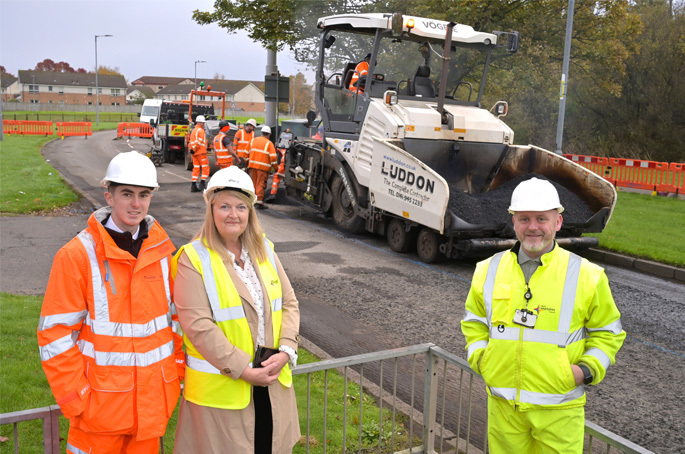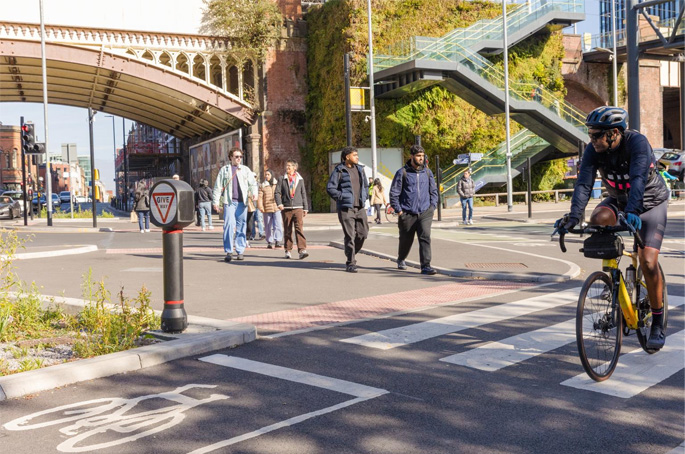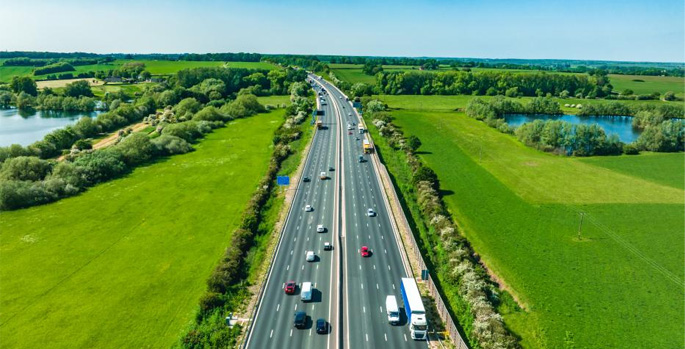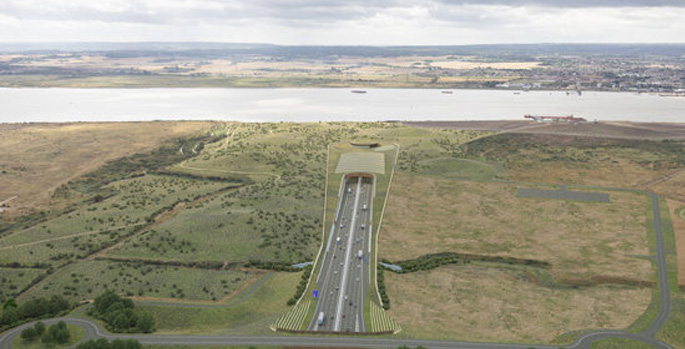North Lanarkshire has become the first council in the UK to trial a new type of technology to 'homogenously mix' plastic into asphalt to reduce bitumen content.
The concept of using plastic in asphalt mixes has been around for some time - though early efforts proved controversial, amid concerns about the viability of the mixes and the ability to recycle the material at a later date.
In contrast to previous recycled plastics, which were added as physical elements to asphalt mixes, the North Lanarkshire trial used a new recycled plastic product from German company Ecopals, called Ecoflakes, which was ‘homogenously mixed' into the bitumen at the asphalt plant, acting as a polymer modifier. The hope is that the technology can reduce carbon emissions as well as slow the ageing of roads.
The trial is part of the Live Labs 2 programme and incorporated half a tonne of EcoFlakes into a traditional hot rolled asphalt mix on a section of Chapelknowe Road in Motherwell.
The recycled plastic is used to replace traditional oil-based polymers in asphalt, which the council states could help reduce carbon emissions by up to 20%.
Since being laid earlier this month, the trial section of the road has been closely monitored for performance and environmental impact.
This trial follows North Lanarkshire's use of biochar in road surfacing last month to act as a ‘carbon sink' by absorbing and storing carbon.
Cllr Helen Loughran, convener of the Environment and Climate Change Committee, said: ‘I'm proud that North Lanarkshire Council is leading the way on this important work. As the only council in Scotland to be involved with Live Labs 2 we really are blazing a trail for others to follow.
‘This is a fantastic example of how local authorities can lead the way in tackling climate change. By trialling cutting-edge new materials like EcoFlakes and biochar, we're showing that sustainable infrastructure is not only possible but practical.'
The Live Labs 2 project is a three-year-long, UK-wide, £30m project, funded by the Department for Transport (DfT) and launched by ADEPT, aimed at decarbonising the local highway network.
North Lanarkshire Council, in partnership with Amey, leads the north campus for the Centre of Excellence for Decarbonising Roads, while Transport for West Midlands, with support from Colas, leads the south campus, creating a national framework for collaboration and knowledge sharing.
































